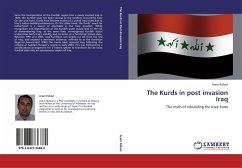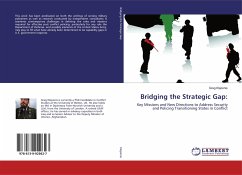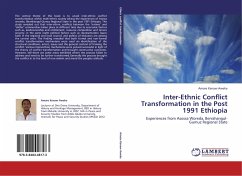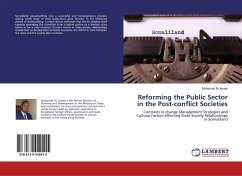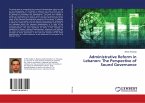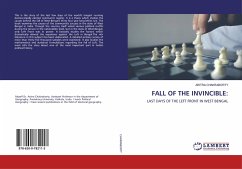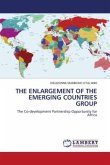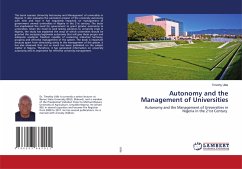Since the incorporation of the Kurdish region into a newly created Iraq in 1926, the Kurdish issue has been central to the conflicts concerning Iraq. On the one hand, Kurds have become victims of a united Iraqi state and to Iraq s nation-building endeavours. On the other hand, the Kurds quest for nationhood is a source of anomalies in the Iraqi situation. Whilst recognition and legitimisation of the Kurdish quest would lead to the risk of dismembering Iraq, at the same time, unrecognised Kurdish status undermines both Iraq s stability and its status as a functional nation-state. Between 1991 and 2003, Iraqi Kurdistan was largely cut off from the rest of Iraq, and enjoyed a semi-state existence, referred to as the Kurdistan Regional Government (KRG).The Kurds have rejoined Iraq following the collapse of Saddam Hussein s regime in early 2003. This was followed by a constitutional arrangement for a federal system to transform the de facto Kurdish state into an autonomous region of Iraq.

